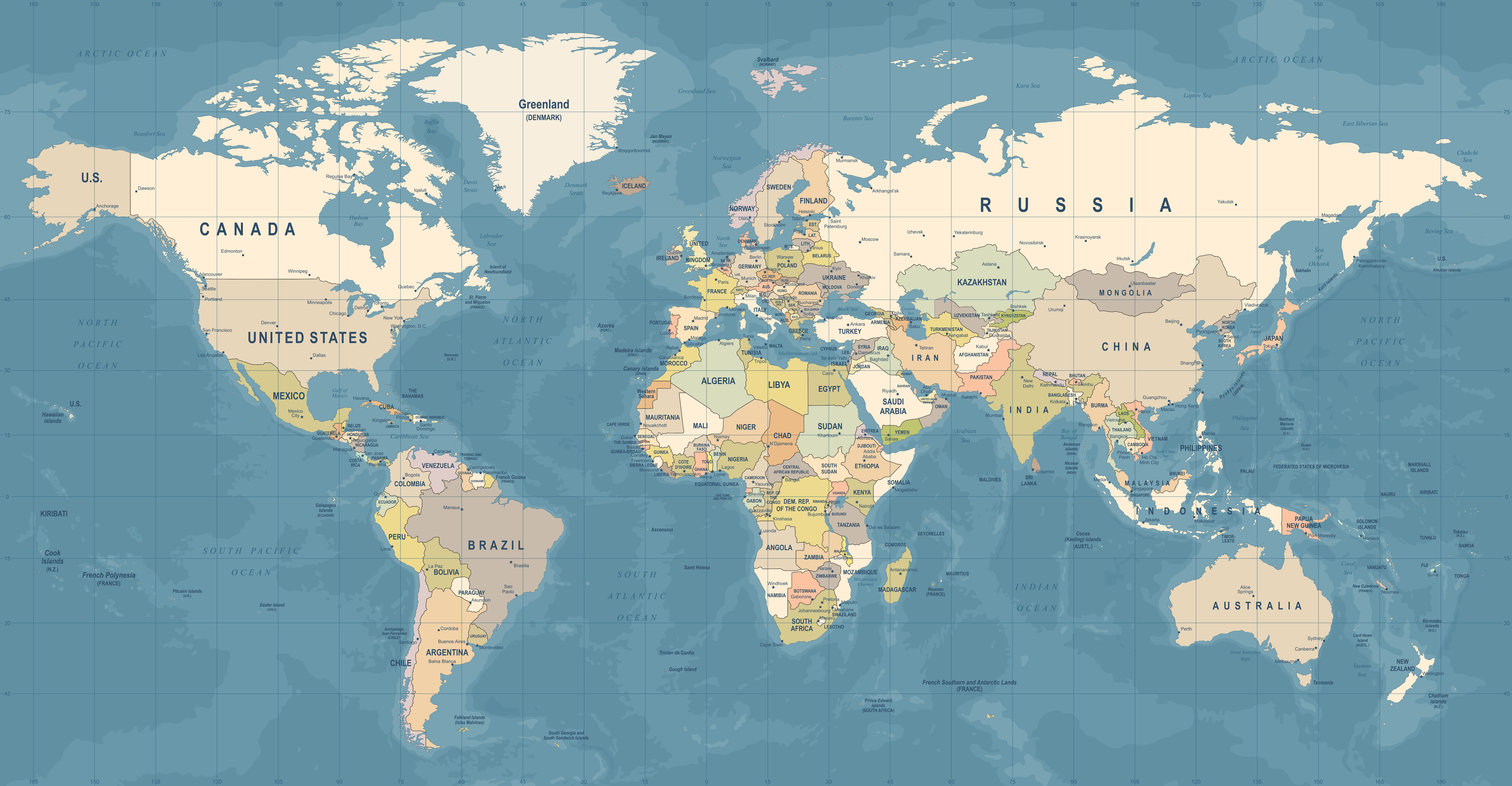At the beginning of Sunday’s Gospel, someone asks Jesus whether “only a few” will be saved, and in its choice of readings, the Church guides us to a pretty clear answer.
“I am coming to gather all nations and tongues,” God says in the first line of the first reading from the Prophet Isaiah.
“Go out to all the world and tell the Good News,” says the psalm.
“People will come from the east and the west and from the north and the south and will recline at table in the kingdom of God,” Jesus says in the Gospel.
One thing is clear from these readings: God desires to save not just Israel, not just his Church, but all people. On the other hand, those who think they are “first” in the order of salvation should not be complacent: the way is difficult, and the gate is narrow. If we live like people who know that they are loved unconditionally and who love others unconditionally, then everyone will know whose children we are (God’s). Jesus said that many people will not be strong enough to live that way. It’s true. But, being weak today doesn’t mean that you will be weak tomorrow. If we want it, God will give us the strength to do anything that God asks us to do.
The Letter to the Hebrews tells us that when bad things happen to us (and they will happen to us) we should look at it as an opportunity to learn a lesson and to grow. God doesn’t cause evil, but uses our bad experiences to make us stronger and to learn how to rely on God and help one another more perfectly. This goes for our relationships with our parents, too. Our parents don’t make us do bad things, but when we do, do bad things, they use it as a lesson to show us how to live better and make better choices.
You can read this Sunday’s readings here:
Scriptures for the Twenty-first Sunday in Ordinary Time, Cycle C
Break open the word with your family
Kids
Can you think of a time when something kind (or gentle, or loving, or forgiving) that you did inspired someone else to be kind, too? Have you ever been inspired to be kind because of someone else’s kindness?
Teens
Taking correction is difficult—especially when you are sure that you’re right. Can you think of a time when you were sure you were right about something and found out that you weren’t? Being wrong is not the worst thing in the world—everyone is wrong sometimes. Being humble enough to allow correction is true strength, and the ultimate sign of maturity. How can you be more open to correction, without losing what you know to be true (because sometimes you are right)?
Adults
Same question as the teens…because adults aren’t always right about everything.
A little lectio
The ancient practice of prayerfully reflecting on bits of Scripture is known as lectio divina. Want to try it out with your family? Head over to Lectio Divina for Kids to find out how to adapt this prayer practice for your kids.
A little Bible study
Want to do a little Bible study with your kids? Here are some tips:
- During Ordinary Time, the Church pairs the Old Testament and New Testament readings in a way that each sheds light on the other. Ask your kids to look for the common theme connecting the two readings. (Sometimes it’s obvious, sometimes it is subtle.) How does the “dialogue” between the readings help you understand them better?
- Get a New American Bible, Revised Edition, and take a look at the footnotes for these readings. How do they change your understanding of what is going on?
- Take a look at the context for the readings—what happens before, or after?
- Read the NABRE’s introduction to the book of the Bible that the readings are taken from. How does that help you understand the readings?
- If you don’t have a copy of the NABRE at home, you can view it online at the USCCB website at the Daily Readings web page.
For even more resources for breaking open this Sunday’s readings, head over to The Sunday Website.



